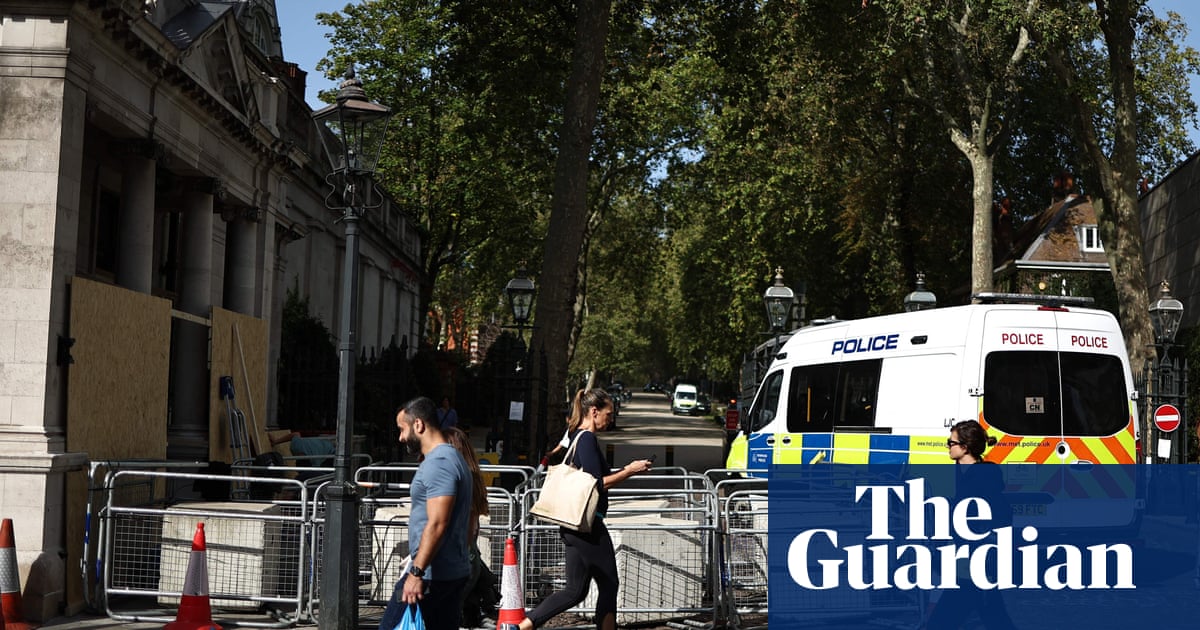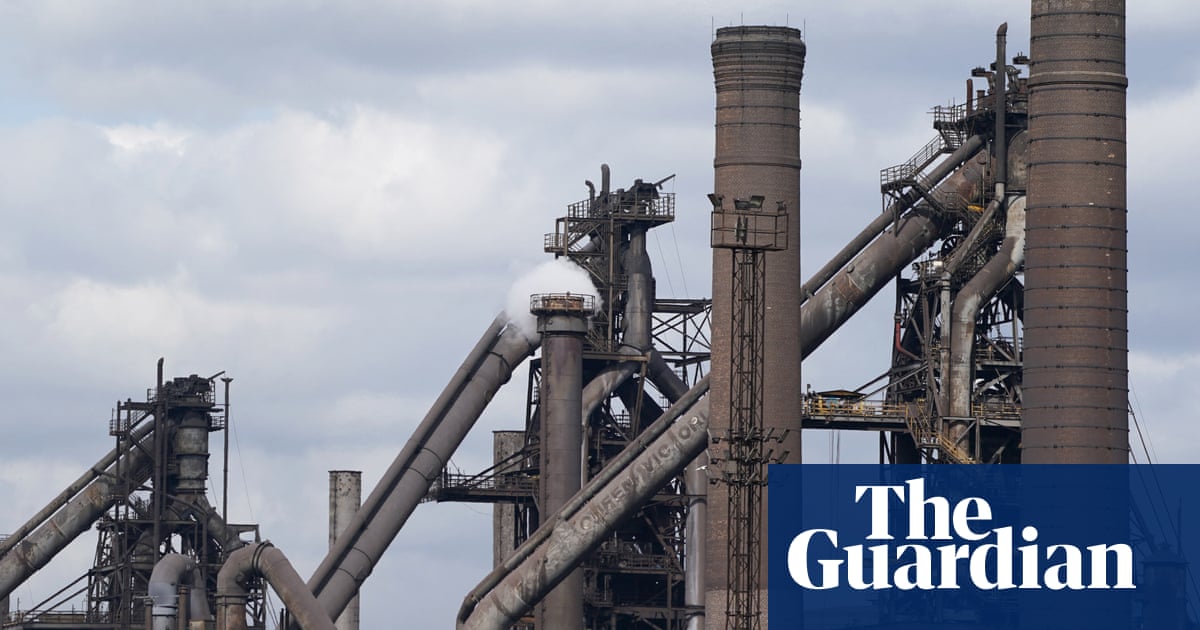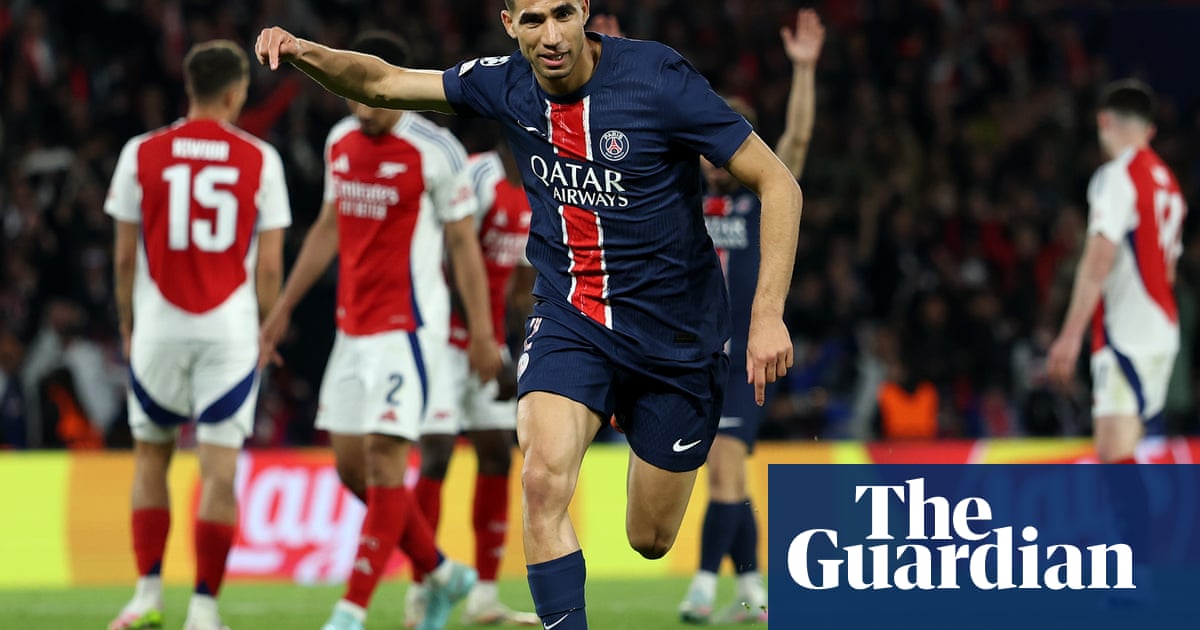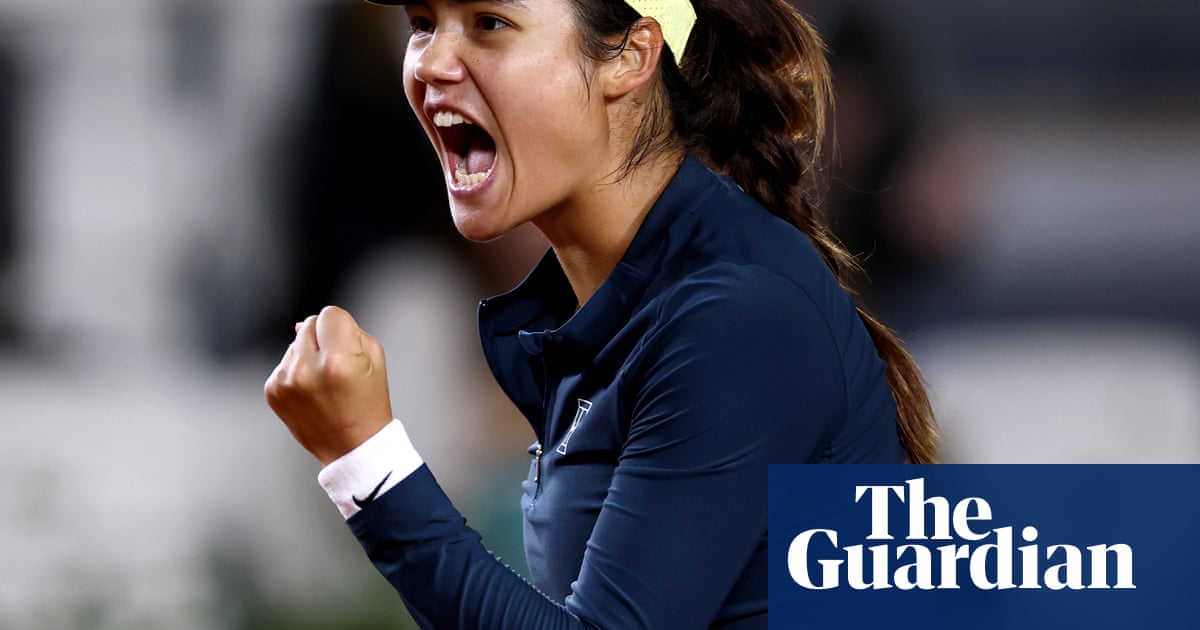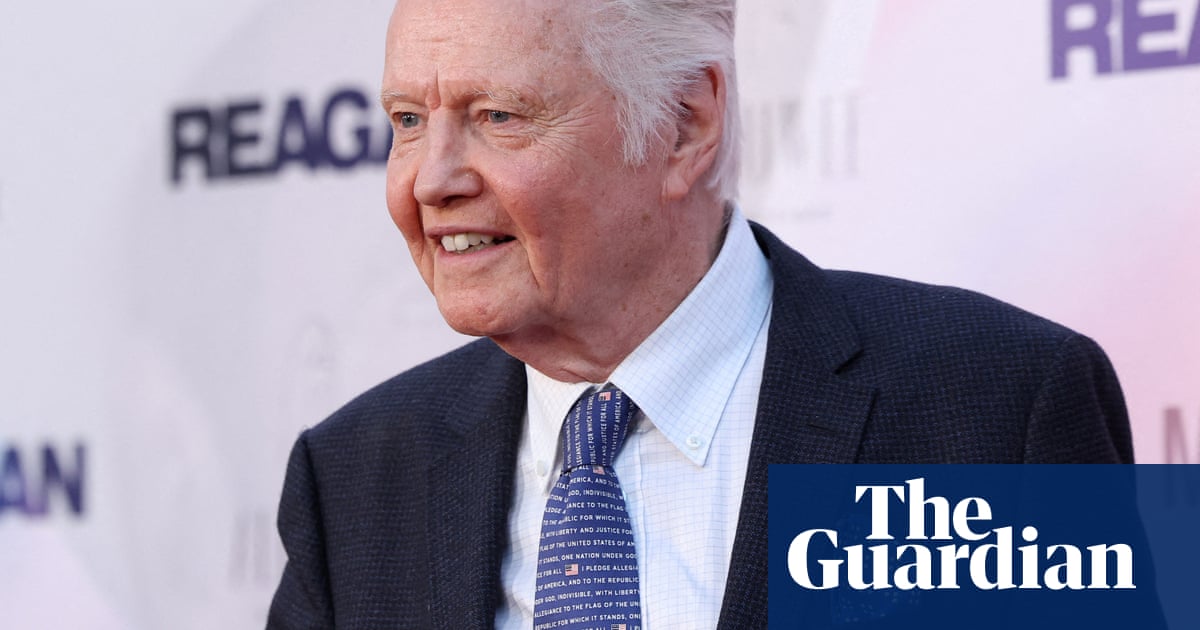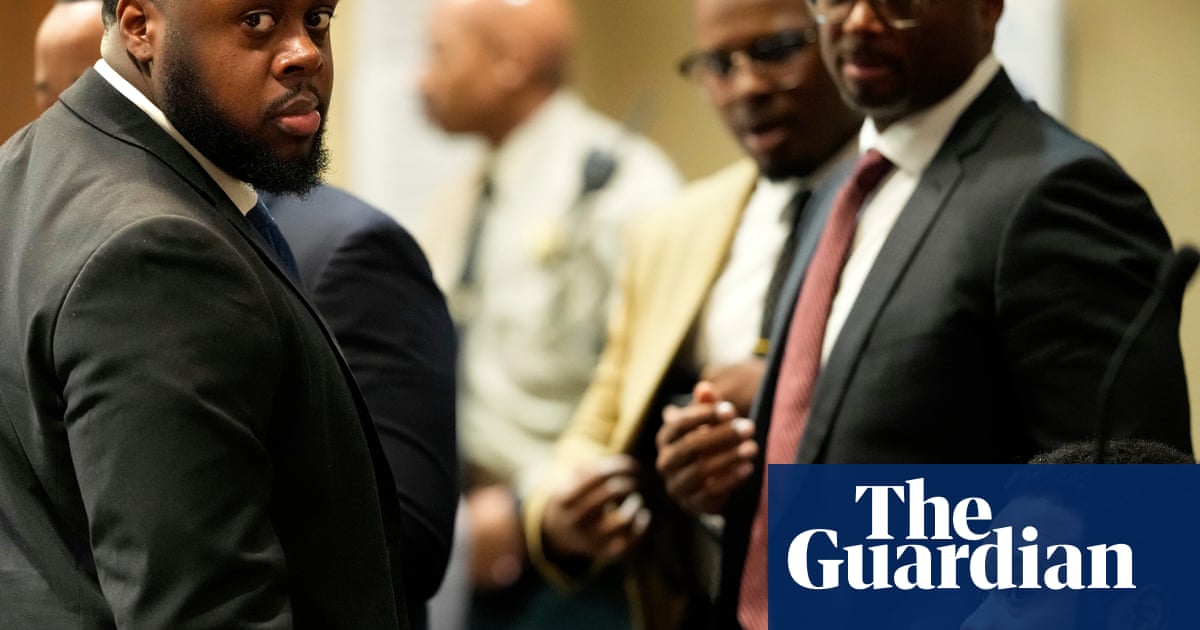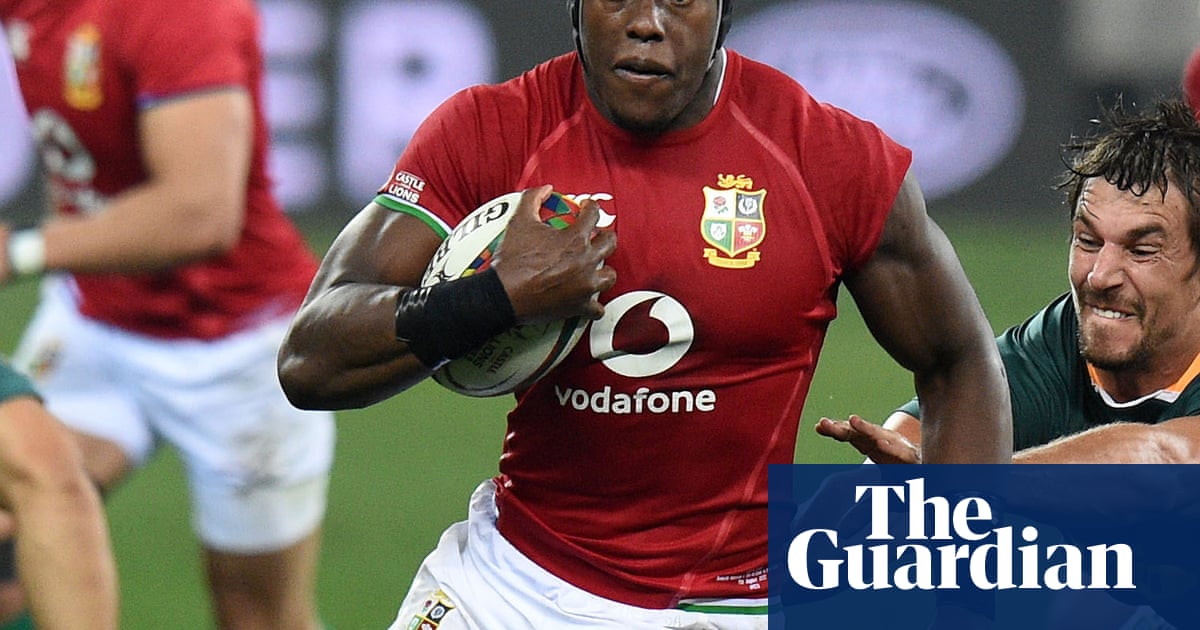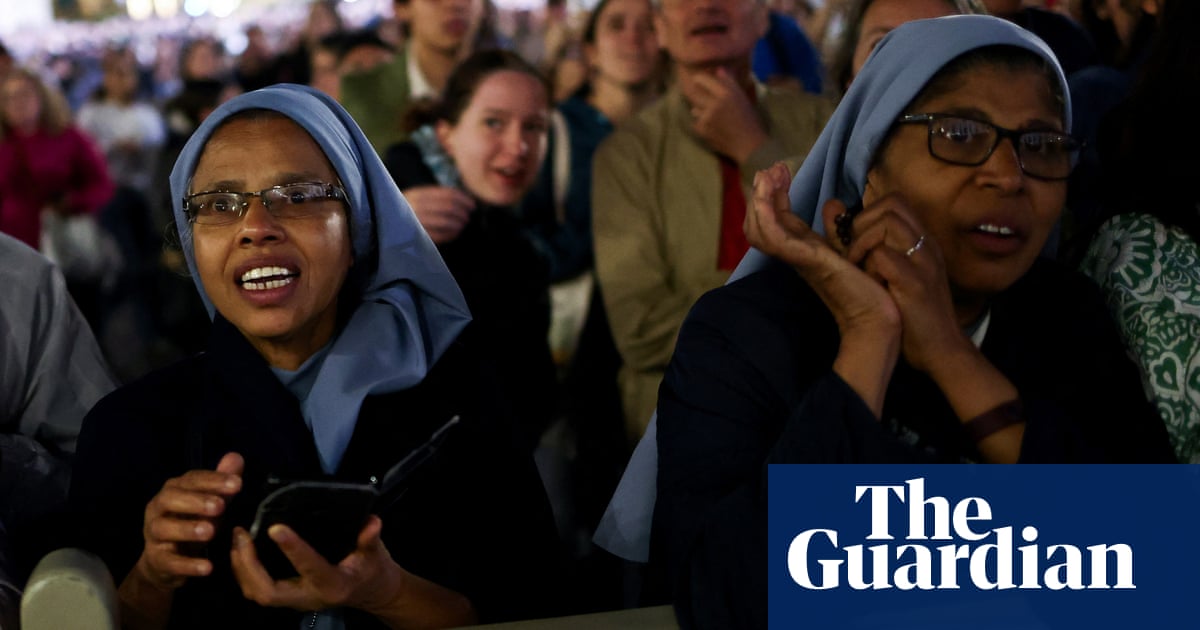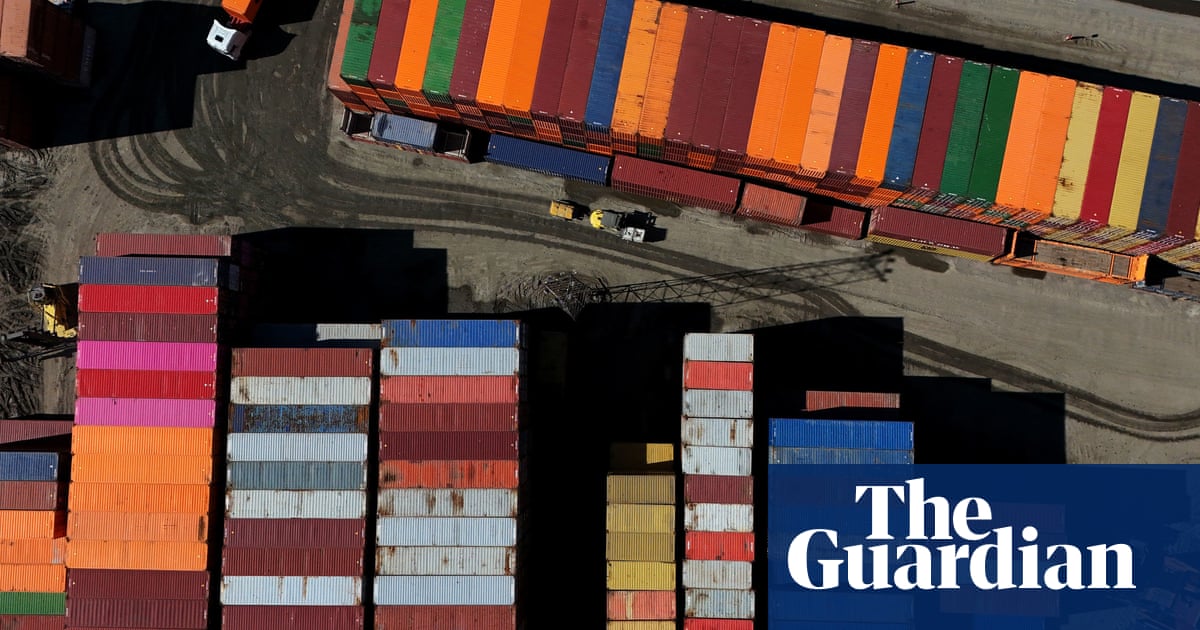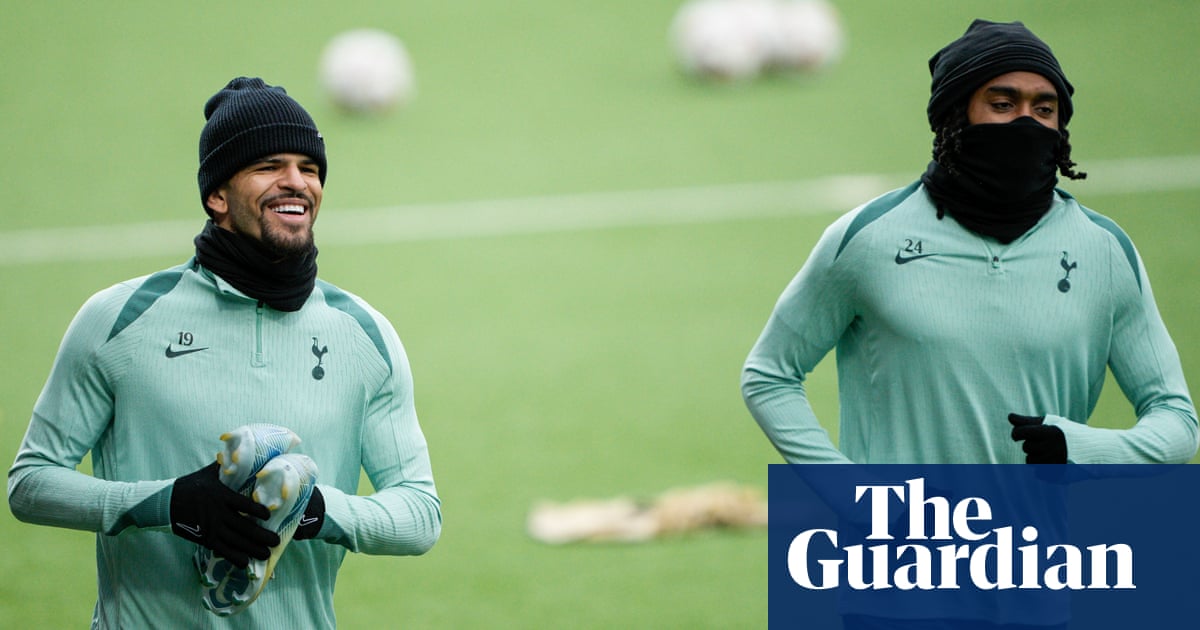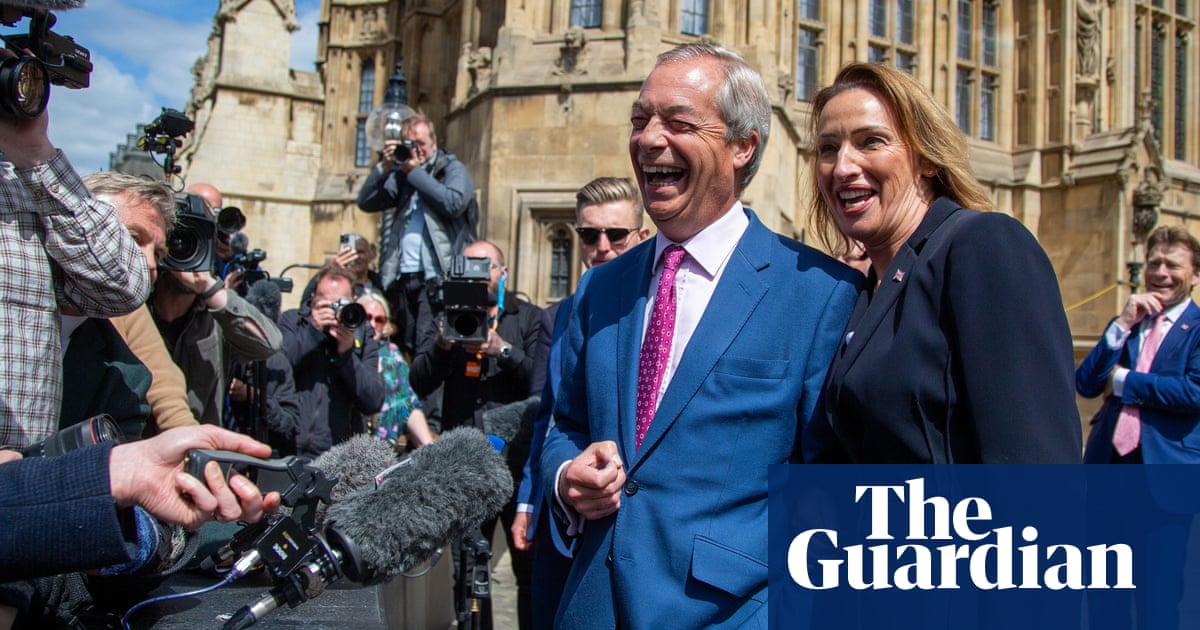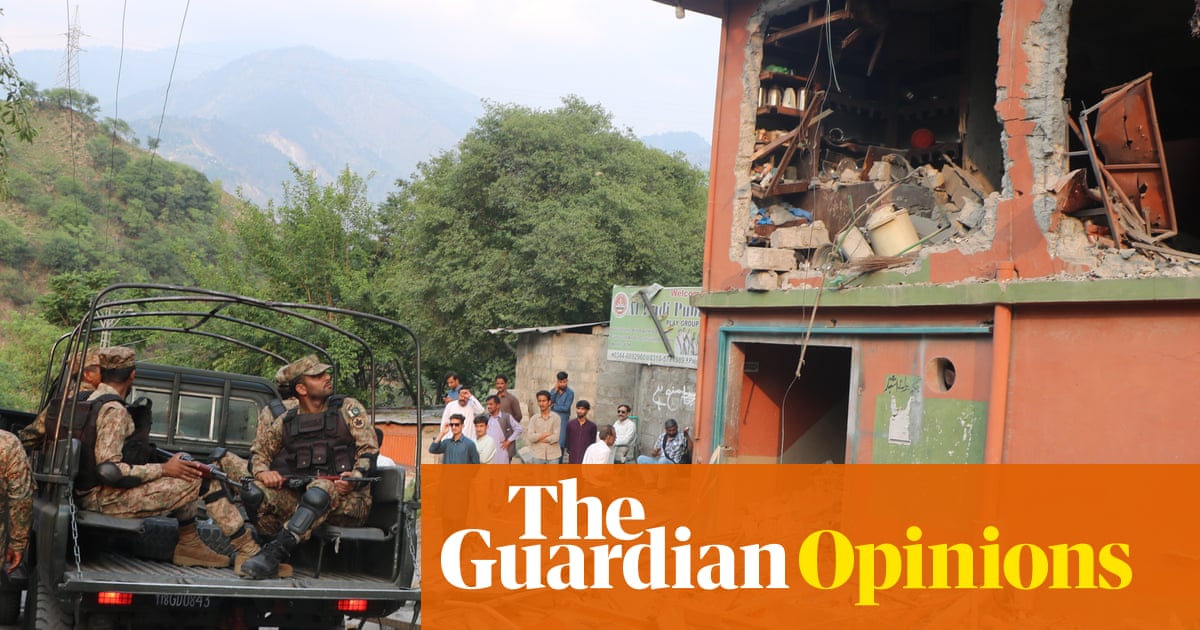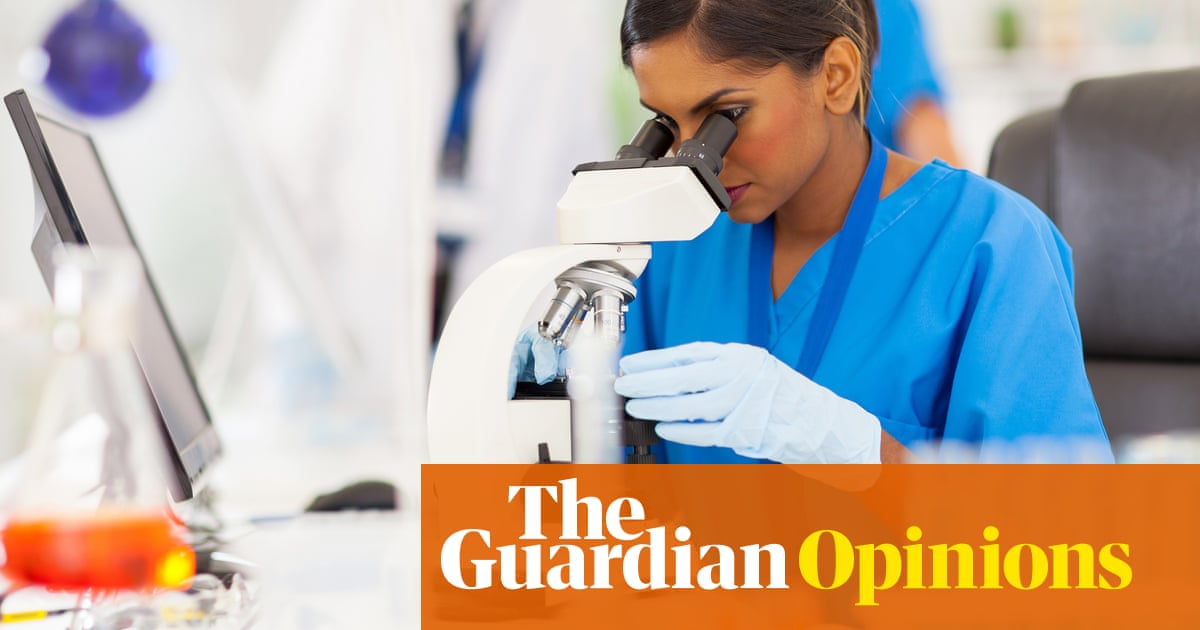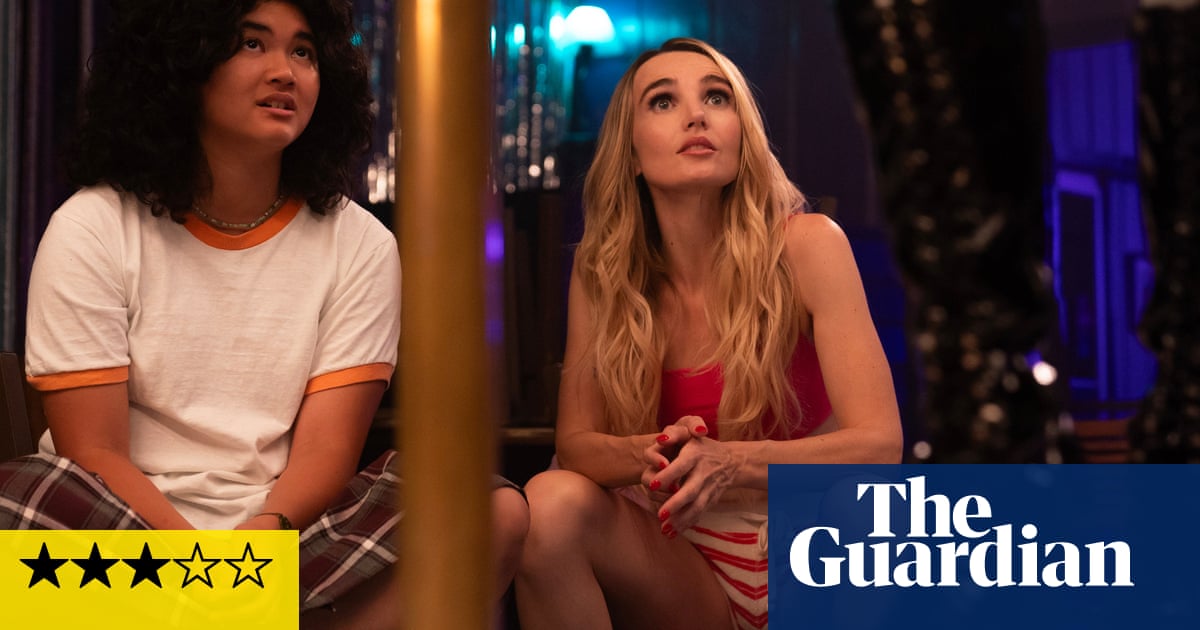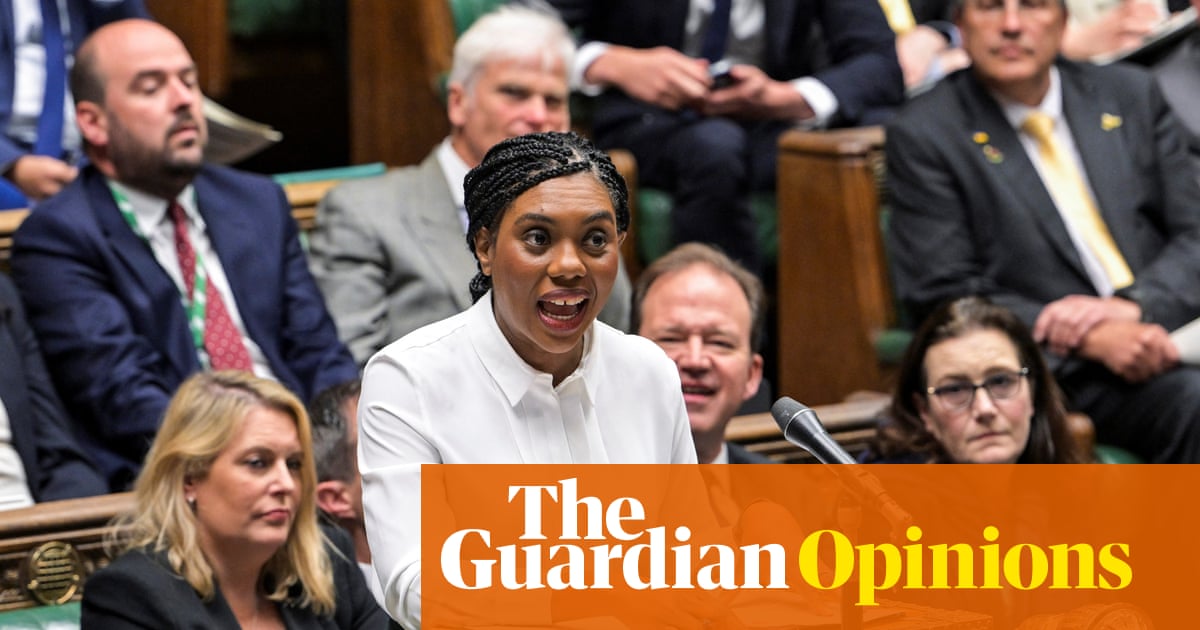Catholic cardinals from all over the world will begin casting their votes for a new pope under Michelangelo’s The Last Judgment ceiling fresco in the Sistine Chapel on Wednesday afternoon in what is the largest and possibly the most unpredictable conclave to ever take place.
One of the legacies of Pope Francis, who died last month aged 88, was to leave behind a widely diverse but divided college of cardinals, with some in harmony with the progressive church he promoted and others wanting to overthrow his changes and turn back the clock.
The 133 cardinals with the power to vote have been getting to know each other and sharing visions for the future of the church during daily pre-conclave meetings since 28 April. However, the challenge of the task in hand appeared to be summed up by Ignatius Suharyo Hardjoatmodjo, the archbishop of Jakarta, who was the last cardinal to arrive in Rome and was playing catch-up on Monday. “There’s a lot of confusion,” he told journalists after hearing addresses from 50 cardinals. “We have heard many voices, it’s not easy to draw conclusions.”
The men met for a final time on Tuesday morning before moving into their lodgings in Casa Santa Maria, where they will be required to hand over their mobile phones and remain sequestered from the outside world until a new pope is chosen, only venturing outside for the bus ride between the guesthouse and the Sistine Chapel. The cardinals swear an oath to secrecy, as do all Vatican staff assisting them, from cooks and cleaners to drivers and medics.

There are two rounds of votes each day, one in the morning and one in the afternoon. Smoke is emitted from the chimney installed atop the Sistine Chapel at the end of each voting session – if it is black, it means the vote has yielded no decision, if it is white then a new pope has been chosen. If the election drags on, the cardinals will take a day off for reflection after three full days of voting.
Speculation over who will succeed Francis was rife even before his death, and with each passing day a new papabile, or papacy candidate, is added to the speculative list of more than 20 potential popes. The rising star in recent days is Robert Prevost, a moderate cardinal from the US known for his “solid judgment and a keen capacity to listen”, according to the Catholic newspaper Crux.
Prevost appears to have taken the shine off another moderate frontrunner, Pietro Parolin, the Vatican’s secretary of state who is considered to be a stellar diplomat but perhaps too boring to lead the world’s 1.4 billion Catholics. Another favourite is Luis Antonio Tagle, a reformer from the Philippines nicknamed “the Asian Francis”. But, along with Parolin, he has been criticised for mishandling cases of clerical sexual abuse against children.
Alongside Tagle, others in the progressive camp include the Italian cardinals Matteo Zuppi and Pierbattista Pizzaballa, a peace-seeker who has lived in Jerusalem for years, as well as Jean-Claude Hollerich from Luxembourg, Timothy Radcliffe from the UK and Michael Czerny of Canada.
On the traditionalist side are Hungary’s Péter Erdő and Robert Sarah, a cardinal from Guinea who criticised Francis’s papacy. Although not on the frontrunner list, among those lobbying for a conservative successor to Francis are Raymond Burke, a Donald Trump-supporting US bishop, and Gerhard Müller, a German who warned that the church could split if an orthodox pope is not elected.

But as the old papal election saying goes, “he who enters the conclave as pope, leaves it as a cardinal”, few frontrunners at the start of the process make it through the successive rounds of voting. A key example of that was Jorge Mario Bergoglio, who in 2013 was not considered a contender but by the end of the conclave became Pope Francis.
One thing the cardinals seemed to agree on in the run-up to the conclave was the need for a new pope to be capable of “being a bridge and a guide for a disorientated humanity marked by the crisis of the world order” while reaffirming their commitment to “support the new pope”, a Vatican official said during a press briefing on Monday.
“These men of faith are entering [the conclave] believing that God has already chosen the next pope,” said Andrea Vreede, the Vatican correspondent for NOS, the Dutch public radio and TV network. “Now they have to figure out what that choice is. It is unpredictable because there are many new electors who do not know each other very well, because Francis never organised cardinal meetings, so they were never invited to assist or advise the pope. So the one thing they can agree on, whether they are far left or far right, is that they all want more involvement in the government of the next pope.”
Another thing they all seem to agree on is that the conclave must be kept short, perhaps lasting no more than three to four days.
“I think they already have someone in mind,” said Severina Bartonitschek, the Vatican correspondent for KNA, a Catholic news agency in Germany. “And the main job for the new pope will be unifying the church. This is always a job for any pontiff but it will be especially critical for the next pope. Yes, he will have to handle evangelisation but also issues like the abuse cases. We need to have a pope who is not afraid to fight against this issue.”

.png) 20 hours ago
8
20 hours ago
8
